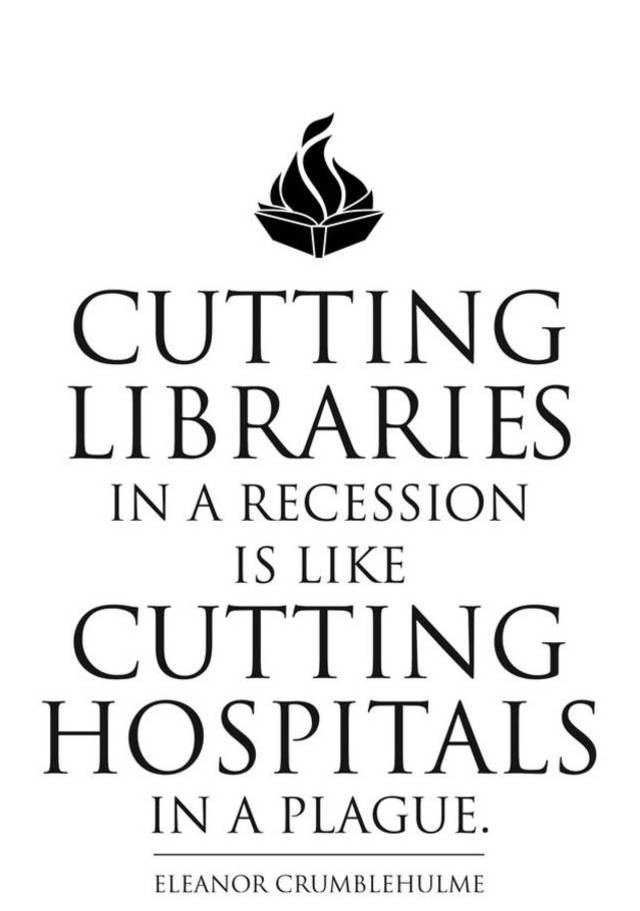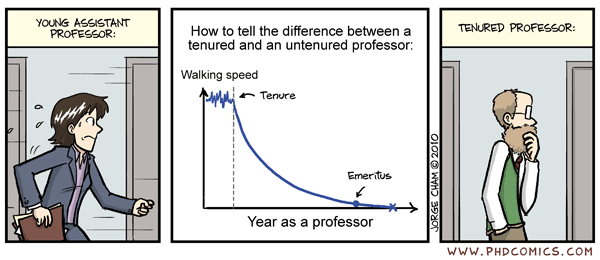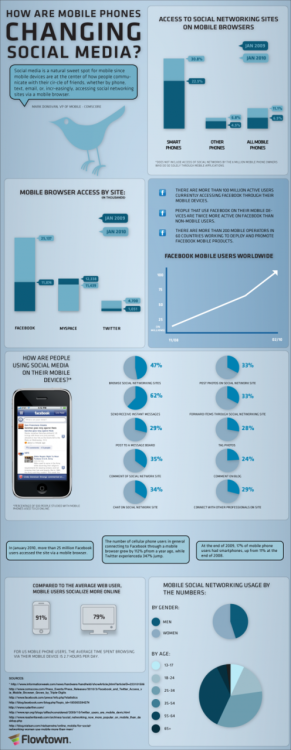This week began with two very interesting local events on Social Media in Borås. First there was Mötesplats Social Media which was an attempt to introduce local politicians to social media questions, possibilities and probabilities. The lecturers were all excellent social medier users and observers (even yours truly) and it was lots of fun. Then on Tuesday SociaMediaPedia organized a series of short talks (adapted mini Pecha Kucha) around Social Media. My role was more to organize attempt to establish order and listen. Interesting stuff!
During the discussions one of the topics that came up was the digital divide which is claimed to exist between young and old (whatever do these epitaphs mean?) and then it was only natural to bring up the horrible term digital natives, digital immigrants and digital turists. All these terms were popularized by Marc Prensky and are completely horrific. And of course very popular. There were voices of reason among the crowd but at the same time the catchy phrase seemed to win over intelligent discussion.
There are several problems with the metaphor, not to mention the built in racism. In most languages, calling someone a native smacks of arrogance, a touch of racism and good old fashioned colonialism.
Who is the native? So who is the native and how does one become one? Obviously the idea here is that the youth of today are all tech-savvy and understand technology while the older generation is good at saying stuff like “I remember when…” and handling analog technology. Seriously what a load of dog doodoo. The fact that we lack common areas of interest is not a digital divide. Young people tend to have different tastes in music, love, hobbies, work, films, books than older people. Even Beethoven’s father probably complained at his sons taste in music.
Are they a group? The young are not a homogeneous group, but then again the question could be put forward if homogeneous groups actually exist at all? Does the Englishman really exist? What is it the natives are supposed to understand? This is the biggest problem with the metaphor. Yes, there are hoards of young folk who can easily send hundreds of text messages per day but does that identify them as digital? Does this mean that they are fundamentally different from those who can hardly use the mobile telephones?
The problem is that the idea of the digital native seems to be that they are (1) comfortable using all digital technology and, (2) understand all digital technology. This is most obviously wrong. The ability to be on Facebook does not prepare you for editing wikipedia, blogging or twitter. The ability to use wikipedia has nothing to do with being popular on twitter. And none of these abilities have anything to do with the ability to use the most of the functions in the simplest word processors.
The understanding of technology, how it works, what it means – in addition to its social, economic and cultural impact is quite often totally lost on these so-called natives. I mean no disrespect (even though saying this usually makes things worse) but being an enthusiastic user has no relation to understanding technology.
Metaphors are supposed to exist to help us understand complex ideas. When they do not fulfill this basic purpose they are useless or worse harmful to our understanding. A misguided metaphor is worse than no metaphor at all. And the concept of digital natives does not aid understanding – it only creates barriers.
/RANT



